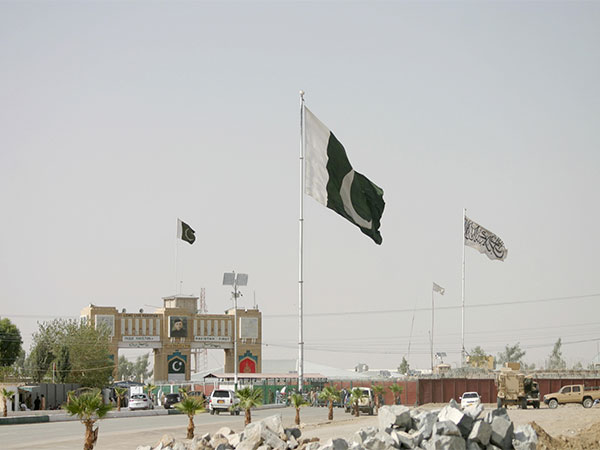US Blocks Afghan Minister's Planned Visit to Pakistan Amid Sanctions
The United States prevented Afghanistan's Foreign Minister Amir Khan Muttaqi from visiting Pakistan by not approving a UN travel ban exemption. This move is seen as a response to Taliban's ties with China. Meanwhile, Pakistan cited procedural issues and awaits resolution for future plans.

- Country:
- Pakistan
The United States has thwarted a proposed trip by Afghanistan's Foreign Minister, Amir Khan Muttaqi, to Pakistan by failing to endorse a United Nations travel ban exemption, reported Dawn. Muttaqi's visit, set for August 4, was intended to bolster Kabul-Islamabad relations following a previous visit by Pakistani Deputy Prime Minister Ishaq Dar to Afghanistan, facilitated by China.
Dawn, citing diplomatic sources, conveyed that as Muttaqi is under international sanctions, any overseas travel necessitates a special UN committee waiver. The committee, established under UNSC Resolution 1988, manages sanctions including travel bans on Taliban-linked figures. The U.S. delayed its decision on the waiver until the last minute, ultimately refusing it and thereby canceling the trip.
The refusal is thought to be driven by concerns over the Taliban government's strengthening relationship with China. In response to inquiries about the U.S.'s role in blocking the travel, the State Department abstained from commenting on what it termed rumors, as reported by Dawn.
Meanwhile, Pakistan's Foreign Office did not explicitly acknowledge the U.S. role. During a media briefing, spokesperson Shafqat Ali Khan described ongoing 'procedural issues,' without confirming any official dates for Muttaqi's visit. Khan emphasized anticipation for a future visit once these issues are resolved. Dawn also pointed out the frequent clashes in the UNSC sanctions committee between the U.S. and powers like China and Russia, who advocate for more lenient exemptions for Taliban officials.
(With inputs from agencies.)
- READ MORE ON:
- US
- Afghanistan
- Foreign Minister
- Amir Khan Muttaqi
- Pakistan
- UNSC
- travel ban
- China
- relations
- sanctions
ALSO READ
Polio's Persistent Threat: New Cases Surface in Pakistan
Devastating Floods Wreak Havoc in Pakistan-Occupied Kashmir
Ganguly's Diplomacy: Sports Over Tensions, India to Face Pakistan in Asia Cup
Tragedy Strikes: Fatal Bus Accident Claims Lives in Pakistan
Formidable strikes by IAF, robust retaliation by Army at Line of Control, fear of naval attacks forced Pakistan to bow down: Rajnath Singh.










